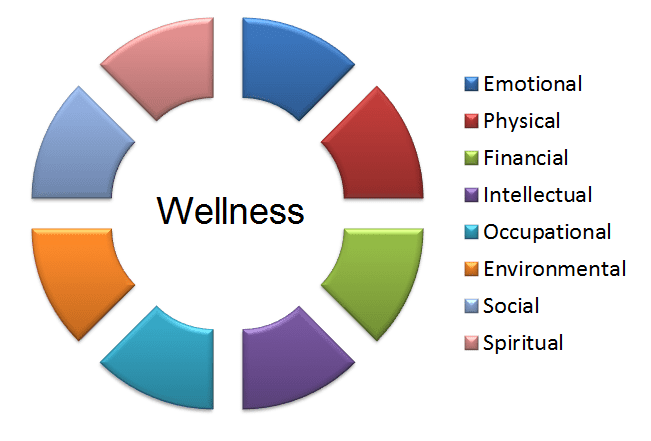
Building Emotional Resilience: Navigating Life’s Challenges
In the unpredictable journey of life, the ability to cultivate and strengthen emotional resilience skills becomes a valuable asset. This article explores the essence of emotional resilience and provides insights into developing the skills necessary to navigate challenges with grace and fortitude.
Understanding Emotional Resilience
Emotional resilience is the capacity to adapt and bounce back from adversity, stress, or significant life changes. It involves facing challenges, managing emotions, and maintaining a positive outlook despite difficulties. Understanding the concept is the first step towards cultivating emotional resilience skills.
Developing Self-Awareness: The Foundation of Resilience
Self-awareness is the cornerstone of emotional resilience. Knowing one’s thoughts, feelings, and reactions enables individuals to respond effectively to challenges. Developing self-awareness involves introspection, mindfulness practices, and a willingness to explore one’s emotional landscape with honesty and curiosity.
Cultivating a Growth Mindset: Embracing Challenges
A growth mindset is essential for building emotional resilience. Embracing challenges as opportunities for growth rather than insurmountable obstacles shifts the perspective. Individuals with a growth mindset see setbacks as learning experiences, fostering resilience in the face of adversity.
Building Positive Relationships: Social Support Matters
Strong social connections contribute significantly to emotional resilience. Building positive relationships provides a support system during tough times. Sharing experiences, seeking advice, and offering support create a sense of belonging and strengthen one’s ability to bounce back from setbacks.
Effective Stress Management: A Resilience Booster
Stress is an inevitable part of life, but effective stress management is a key component of emotional resilience. Developing healthy coping mechanisms, such as mindfulness, exercise, and relaxation techniques, empowers individuals to navigate stressors with composure and resilience.
Adapting to Change: Flexibility in Mindset
Life is dynamic, and adaptability is crucial for emotional resilience. Embracing change and developing a flexible mindset allow individuals to adjust to new circumstances without losing their equilibrium. Resilient individuals view change as a natural part of life’s journey.
Problem-Solving Skills: Taking Action
Building emotional resilience involves developing practical problem-solving skills. Instead of feeling overwhelmed by challenges, resilient individuals break them down into manageable steps. Taking proactive steps towards solutions fosters a sense of control and empowerment.
Cultivating Optimism: Seeing the Silver Lining
Optimism is a powerful factor in emotional resilience. Cultivating an optimistic outlook involves focusing on positive aspects even in challenging situations. Resilient individuals believe in their ability to overcome difficulties and maintain hope for a better future.
Practicing Self-Care: Nurturing Well-being
Self-care is foundational for emotional resilience. Prioritizing physical, mental, and emotional well-being through adequate rest, nourishing food, and activities that bring joy contributes to resilience. Taking care of oneself creates the strength needed to face life’s adversities.
Embracing Setbacks as Growth Opportunities
To explore and enhance emotional resilience skills, consider visiting Emotional Resilience Skills. This resource offers valuable insights, practical tips, and guidance on cultivating emotional resilience. Remember, setbacks are not failures but opportunities for growth and development.
In conclusion, building emotional resilience is an ongoing process that involves developing self-awareness, embracing challenges, and cultivating a positive mindset. By incorporating these skills into daily life, individuals can navigate the complexities of existence with resilience, fortitude, and a profound sense of well-being.




